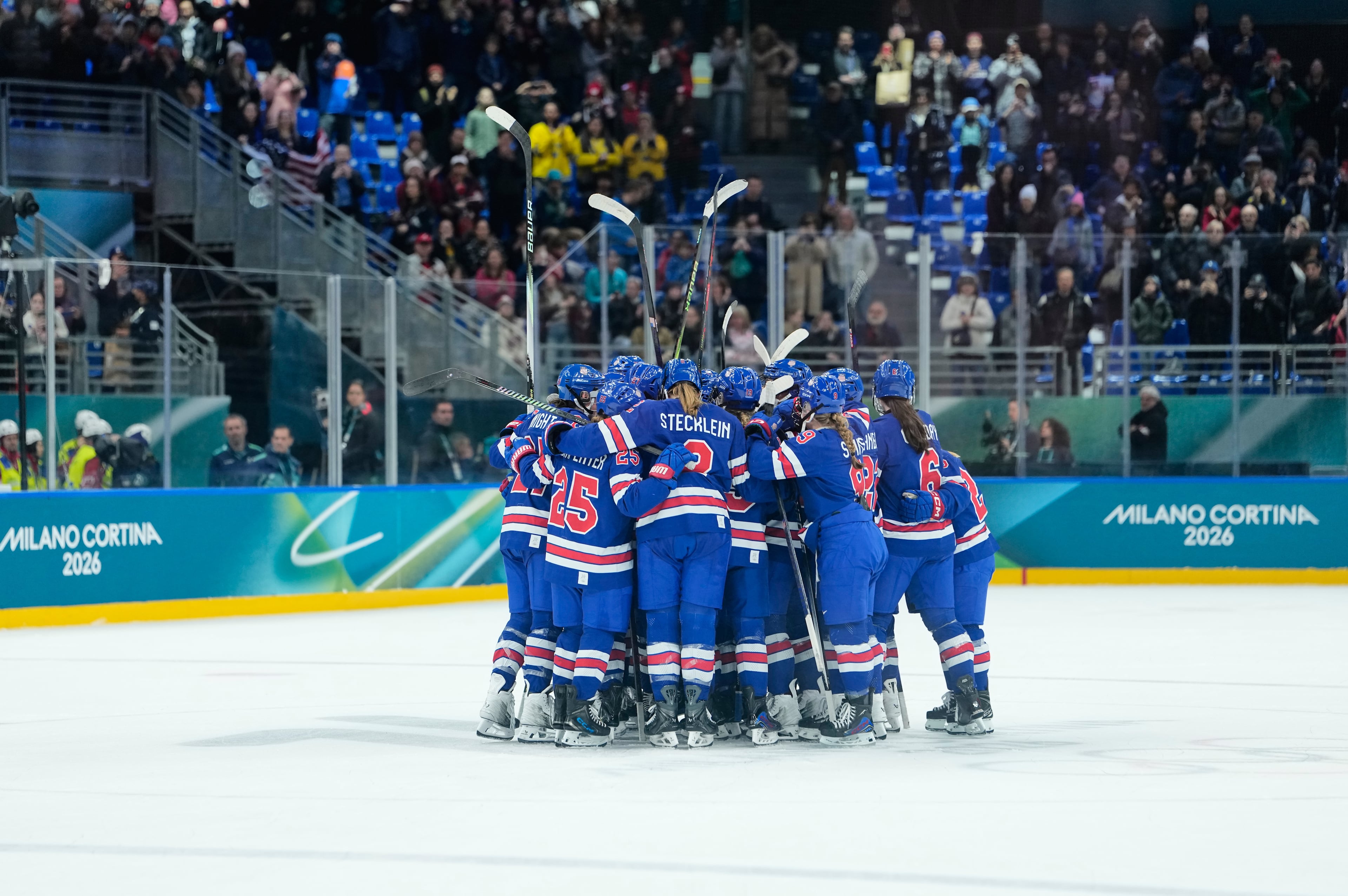High expectations 'not a burden' for Kentucky’s Tyler Ulis

Kentucky sophomore Tyler Ulis will enter this season with all the subtlety of 76 trombones led by drum major Donald Trump. ESPN analysts Seth Greenberg and Sean Farnham saw to that this summer when they said Ulis would be the best point guard in college basketball this season.
"I hope they're right," Kentucky coach John Calipari said. "I have a lot of faith in them."
For his part, Ulis is aware of the star billing and intent on not being influenced by it.
"People are going to say good things about you," he said. "And then, if you don't live up to their expectations, they're going to say bad things. I just try to stick to what I need to do, what my team and my family expect me to do, and go from there."
Ulis knows how to play point guard. He's played the position since he was 6. He took to it quickly, in part because he learned to ignore his stepfather's urgings to shoot more.
"I just always tried to play my game and run the team," he said. "The most important thing is to keep everybody happy. … You have to be making sure he's getting his (and) he's getting his. So there's no conflict within the team."
Ulis and Kentucky deftly handled the makings of a conflict last season. As if keeping 10 players engaged and harmonious wasn't difficult enough, Kentucky played two point guards: Andrew Harrison and Ulis. This was akin to a football team playing two quarterbacks: Comparisons are inevitable.
The potential for conflict will be cubed this season. Kentucky might have three point guards on the floor with freshmen Jamal Murray and Isaiah Briscoe joining Ulis. And then there's junior Dominique Hawkins.
Ulis downplayed the possibility of conflict.
"I think it's going to work because off the court we're really cool," he said. "Me and 'Zay' (Briscoe), we're really close."
Ulis said he knew and got along with Briscoe before they became teammates. "He's my boy," Ulis said.
Briscoe echoed the sentiment. "Tyler's actually been teaching me a lot …," he said. "He's more of a big brother to me."
Murray was a relatively late arrival to summer workouts, but "we clicked," Ulis said. "I feel we'll be close friends on and off the court."
As a freshman last season, Ulis came off the bench. Coincidentally, he and Harrison each averaged 3.6 assists.
Of his role this season, Ulis said, "Of course, I'll have to do a lot more with more minutes. We had 10 guys last year, so I really didn't have to do much."
For this, Ulis credited the now departed Karl-Anthony Towns.
"If I didn't feel comfortable, I gave it to Karl and he just does what he wants," Ulis said. "I'll have more responsibility (in 2015-16), and I'm just going to try to show more."
Ulis welcomed the chance at a larger role.
"I love it," he said. "I feel like it's a great thing. I played this game all my life, and I've always been ready for it."
As with the best-point-guard hype, Ulis shrugs off the many tough acts he has to follow as a Calipari point guard. To review, his predecessors include two overall No. 1 picks in NBA drafts (Derrick Rose in 2008 and John Wall in 2010), two other lottery picks (Tyreke Evans in 2009 and Brandon Knight in 2011), one other first-round pick (Marquis Teague in 2012) and a second-rounder (Harrison).
"It's not a burden on me," Ulis said. "I really don't believe in pressure, as of right now. I may feel it soon.
"I just try to play my game. I'm not trying to live up to anyone's expectations."

